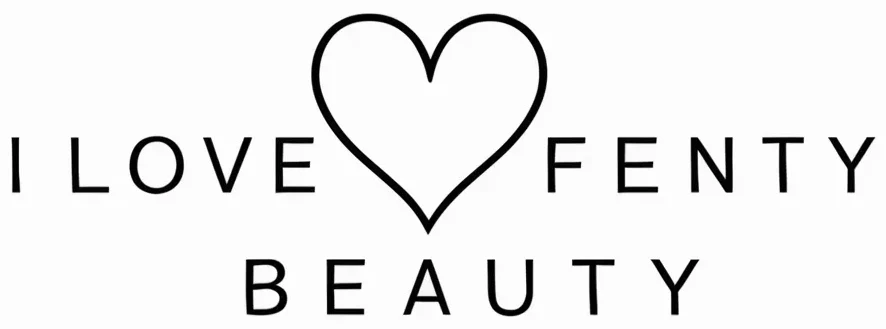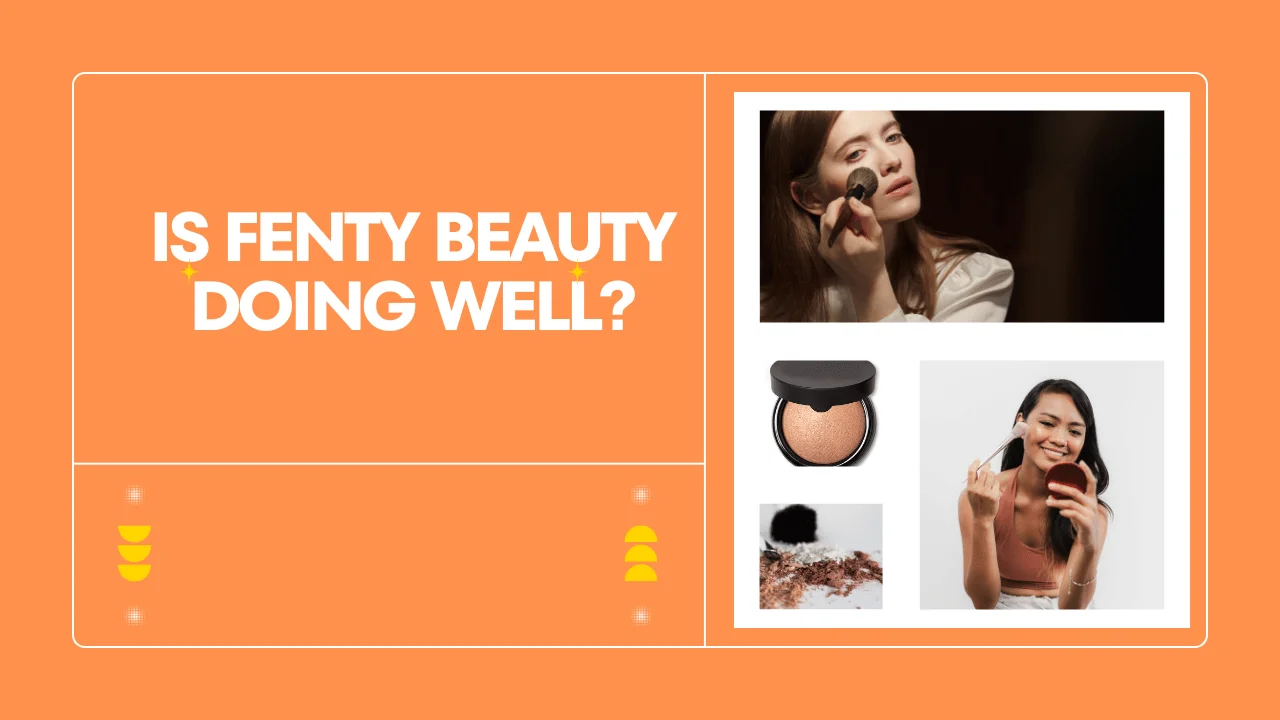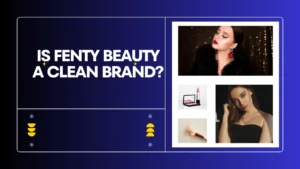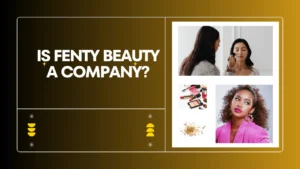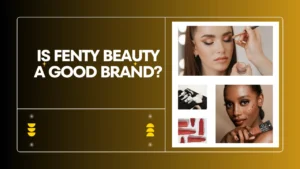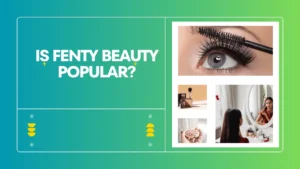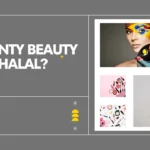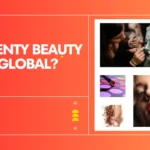Remember the days when finding foundation that matched your skin tone felt like searching for a unicorn?
Fast forward to 2023, and Rihanna’s Fenty Beauty exploded onto the scene, shattering beauty industry norms with its inclusive shade range and celebrity power. But with the beauty landscape constantly evolving, the question remains: Is Fenty Beauty still thriving, or is the shine starting to fade?
This article delves deeper than just surface appearances. We’ll explore Fenty Beauty’s meteoric rise, its current financial health and consumer sentiment, and most importantly, its ability to adapt and innovate in a fiercely competitive market.
Whether you’re a loyal Fenty Beauty devotee or simply curious about the brand’s future, this post unpacks the key factors impacting its success, giving you valuable insights into the staying power of this cultural phenomenon.
So, grab your makeup brushes and get ready to discover whether Fenty Beauty is still slaying the beauty game!
Contents
The Rise of Fenty Beauty
Rihanna, a global icon, has not only revolutionized the music industry but also the beauty world. Her entrepreneurial spirit led to the birth of Fenty Beauty in 2017, a brand that has quickly become a cultural phenomenon.
The initial launch of Fenty Beauty was a game-changer. The brand’s groundbreaking 40-shade foundation range shattered traditional beauty standards and challenged the notion that diverse skin tones were not being adequately represented.
This inclusive approach resonated with consumers and garnered significant media attention, propelling Fenty Beauty to instant success.
Positive reviews and accolades poured in, praising the brand’s high-quality products, innovative formulas, and inclusive ethos. Fenty Beauty quickly established itself as a major player in the beauty industry, disrupting the status quo and setting a new standard for diversity and inclusivity.
While Fenty Beauty has undoubtedly disrupted the beauty industry and gained significant traction, assessing its exact financial performance can be challenging due to its private ownership by LVMH.
However, based on industry reports and market analysis, it’s clear that Fenty Beauty has experienced substantial growth and profitability.
The brand’s inclusive shade range and innovative product formulas have driven strong sales and customer loyalty. By catering to a diverse range of consumers, Fenty Beauty has captured a significant market share, particularly among younger demographics.
However, like any business, Fenty Beauty is susceptible to economic factors and industry trends. Economic downturns, changes in consumer spending habits, and increased competition from other beauty brands can all impact the brand’s performance.
Consumer Perception and Brand Loyalty
Fenty Beauty has garnered significant positive consumer sentiment, with many users praising the brand’s inclusive shade range, long-lasting formulas, and innovative products.
Social media platforms are flooded with positive reviews, makeup tutorials, and swatches, showcasing the brand’s popularity and influence.
This positive reception has translated into strong brand loyalty and repeat purchases. Many consumers have become devoted to Fenty Beauty, consistently choosing their products over other brands.
The brand’s ability to foster a sense of community and belonging among its customers has further strengthened its brand loyalty.
Social media has played a pivotal role in shaping consumer perception and driving brand loyalty. Influencers, beauty bloggers, and everyday consumers have enthusiastically shared their experiences with Fenty Beauty products, generating buzz and excitement.
By actively engaging with its audience on social media, Fenty Beauty has created a strong online community and cultivated a loyal following.
Challenges and Opportunities
While Fenty Beauty has experienced significant success, it faces several challenges in the competitive beauty industry. The increasing number of beauty brands, both established and emerging, has intensified competition.
To maintain its market position, Fenty Beauty must continue to innovate and differentiate itself from competitors.
Global supply chain disruptions and economic downturns can also impact Fenty Beauty’s business. These factors can lead to increased production costs, supply shortages, and decreased consumer spending, which may affect the brand’s profitability.
To stay relevant and maintain its growth trajectory, Fenty Beauty must adapt to changing consumer preferences and emerging trends.
This includes staying ahead of the curve in terms of product innovation, sustainability, and social responsibility. By understanding and responding to the evolving needs and desires of its customers, Fenty Beauty can continue to thrive in the dynamic beauty industry.

The Future of Fenty Beauty
As Fenty Beauty continues to evolve, we can anticipate exciting new product launches and innovations. The brand may expand into new categories like skincare or fragrance, further solidifying its position as a comprehensive beauty brand.
Additionally, Fenty Beauty could explore limited-edition collections and collaborations with other brands or designers to generate buzz and excitement.
The potential for international expansion is significant. As the brand gains popularity in new markets, it can tap into untapped consumer segments and increase its global reach.
However, Fenty Beauty must be mindful of cultural nuances and adapt its marketing strategies to resonate with diverse audiences.
To ensure long-term success, Fenty Beauty must prioritize innovation, sustainability, and social responsibility.
By staying ahead of trends, embracing ethical practices, and fostering a strong connection with its customers, the brand can continue to thrive and leave a lasting impact on the beauty industry.
Conclusion
In conclusion, Fenty Beauty has revolutionized the beauty industry with its inclusive shade range, innovative formulas, and bold marketing campaigns.
The brand’s commitment to diversity and inclusivity has resonated with consumers worldwide, driving significant growth and success.
However, the beauty industry is constantly evolving, and Fenty Beauty must continue to adapt and innovate to maintain its competitive edge.
By staying attuned to consumer preferences, embracing emerging trends, and fostering strong brand loyalty, Fenty Beauty can secure its position as a leading force in the beauty industry. The future of Fenty Beauty is bright, and its impact on the industry is undeniable.
FAQ’s
What makes Fenty Beauty so popular?
Fenty Beauty’s popularity stems from its inclusive shade range, innovative formulas, and bold marketing campaigns. The brand has successfully broken down barriers in the beauty industry and empowered consumers to embrace their individuality.
Is Fenty Beauty still relevant in 2023?
Absolutely! Fenty Beauty continues to be a major player in the beauty industry. The brand consistently releases new products, collaborates with other brands, and adapts to changing consumer trends.
How does Fenty Beauty compare to other beauty brands?
Fenty Beauty stands out from other brands due to its commitment to inclusivity, high-quality products, and innovative marketing strategies. The brand has successfully challenged traditional beauty standards and redefined what it means to be a beauty brand.
What are some of Fenty Beauty’s most popular products?
Some of Fenty Beauty’s most popular products include the Pro Filt’r Soft Matte Longwear Foundation, the Pro Filt’r Hydrating Longwear Concealer, and the Gloss Bomb Universal Lip Luminizer.
Is Fenty Beauty cruelty-free?
Yes, Fenty Beauty is a cruelty-free brand. They do not test their products on animals.
Where can I buy Fenty Beauty products?
Fenty Beauty products are available at various retailers, including Sephora, Harvey Nichols, and online through the Fenty Beauty website. You can also check for authorized sellers in your region.
